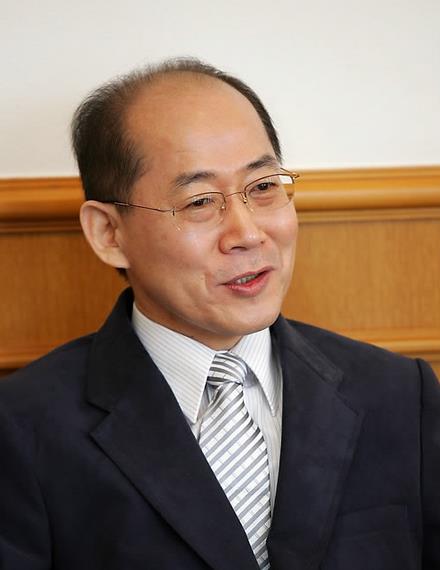The Intergovernmental Panel on Climate Change (IPCC) will meet in Incheon, Republic of Korea, from October 1 to 5, 2018 to consider the Special Report “Global Warming of 1.5ºC”. Subject to approval, the Summary for Policymakers will be released on Monday, October 8 with a live-streamed press conference that will be addressed by the IPCC Chair and Co-Chairs from the three IPCC Working Groups.

The opening session of the meeting will include statements by the Chair of the IPCC, senior officials the IPCC’s two parent bodies World Meteorological Organisation (WMO) and United Nations Environment Programme (UN Environment) and of the United Nations Framework Convention on Climate Change (UNFCCC), and senior officials of the Republic of Korea.
The report, whose full name is “Global Warming of 1.5°C, an IPCC special report on the impacts of global warming of 1.5°C above pre-industrial levels and related global greenhouse gas emission pathways, in the context of strengthening the global response to the threat of climate change, sustainable development, and efforts to eradicate poverty”, is being prepared under the scientific leadership of all three IPCC Working Groups.
Formally, the meeting will start with the 48th Session of the IPCC. Next, a joint session of the three Working Groups chaired by their Co-Chairs will consider the Summary for Policymakers line by line for approval. Then the 48th Session of the IPCC will resume to accept the Summary for Policymakers and overall report.
The IPCC decided to prepare the report, in response to an invitation from the UNFCCC Conference of the Parties at its 21st meeting in December 2015 when the Paris Agreement was signed.
The IPCC is the UN body for assessing the science related to climate change. It was established by the UN Environment and WMO in 1988 to provide policymakers with regular scientific assessments concerning climate change, its implications and potential future risks, as well as to put forward adaptation and mitigation strategies. It has 195-member states.
IPCC assessments provide governments, at all levels, with scientific information that they can use to develop climate policies. IPCC assessments are a key input into the international negotiations to tackle climate change. IPCC reports are drafted and reviewed in several stages, thus guaranteeing objectivity and transparency.
The IPCC assesses the thousands of scientific papers published each year to tell policymakers what we know and don’t know about the risks related to climate change. The IPCC identifies where there is agreement in the scientific community, where there are differences of opinion, and where further research is needed. It does not conduct its own research.
At its 41st Session in February 2015, the IPCC decided to produce a Sixth Assessment Report (AR6). At its 42nd Session in October 2015 it elected a new Bureau that would oversee the work on this report and Special Reports to be produced in the assessment cycle. At its 43rd Session in April 2016, it decided to produce three Special Reports, a Methodology Report and AR6.
